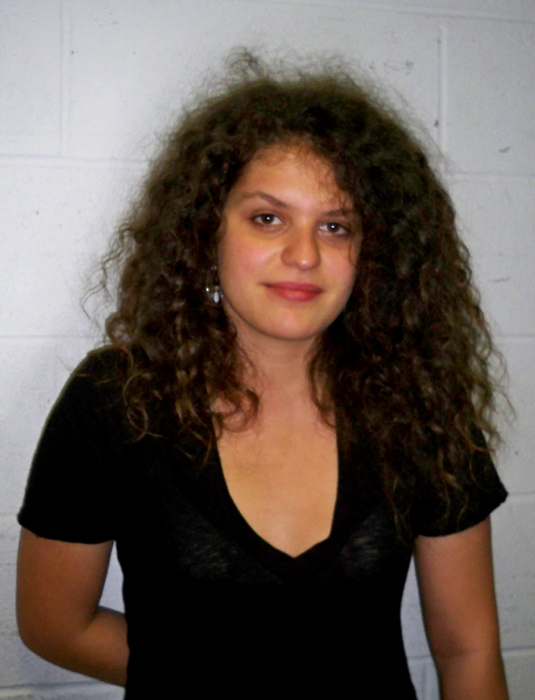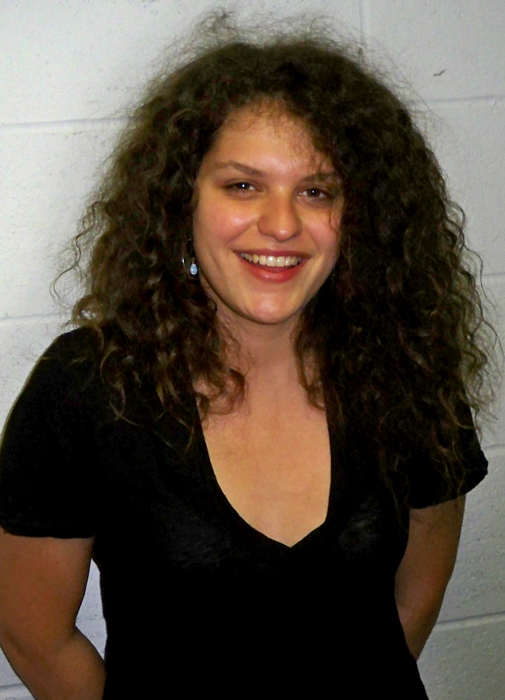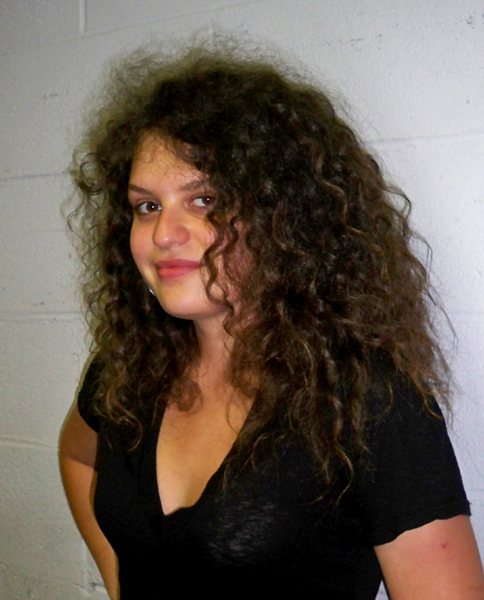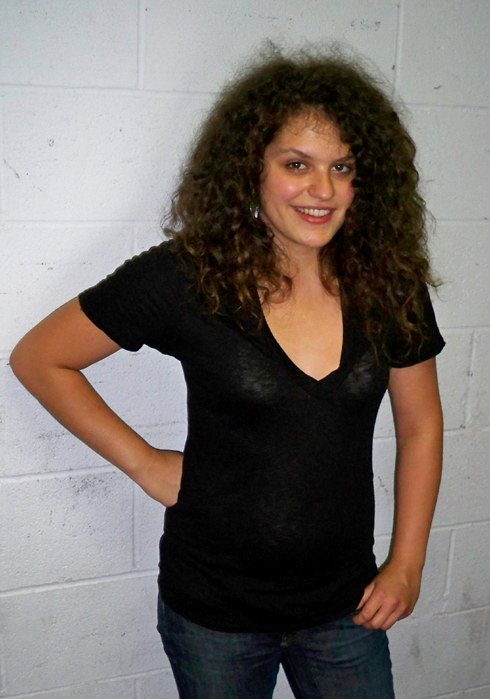
Every now and then you come across a musician who has that spark of something special. Julie Slick is one of those players. Her muscular bass playing in Adrian Belew's power trio is vibrant, colorful, and more than a bit threatening. Still in her early 20s, Slick has the mental process of a player well beyond her years. Progsheet shared spiritual bubble tea with this extraordinary musician...



